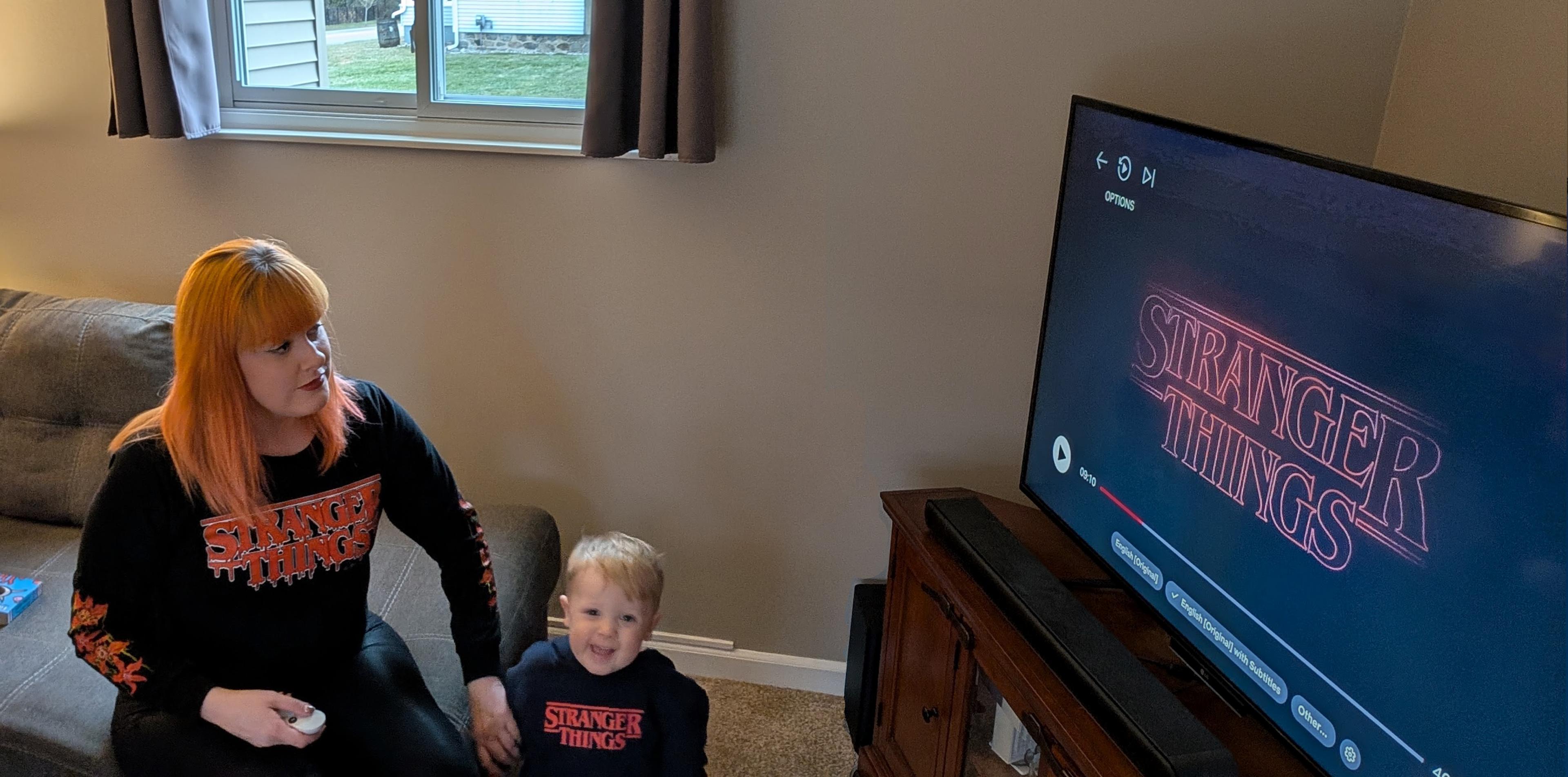Benefits of Reading Aloud to Kids
A Healthier Michigan
| 3 min read

Reading out loud to your kids is a great way to spend time together and has more benefits than simple togetherness. Spending time together with books and stories can help kids’ reading and comprehension skills. It can also be a centering and calming practice for everyone, especially when reading together is part of a routine.
How being read to out loud benefits kids
There are multiple benefits for kids who get to read out loud regularly, including educational benefits, emotional benefits and social benefits. These benefits can start as early as infanthood and preschool, so reading to very young children, before they start reading, is important. Here are some ways reading out loud to kids can be good for them:
1. Improves vocabulary and comprehension
Being read to introduces kids to new words, concepts, places and people. This improves their vocabulary and understanding of new concepts. Use reading out loud to kids as an opportunity to define new terms and explain new ideas to kids. Children who are read to have much larger vocabularies than kids who do not.
2. Engages their imagination and critical thinking skills
Being read to can open the mind’s eye, painting pictures with words and engaging kids’ imaginations and creative nature. Learning new concepts and problem-solving can help build critical thinking skills. Some stories may also introduce conflict, provide examples of conflict resolution and describe emotional growth. Even reading out loud to babies and infants can engage nascent critical thinking skills.
3. Instills a love of reading and stories
A lifelong love of reading can be sparked by being read to at a young age. Presenting reading as a recreational pastime can help to boost a kids’ confidence in reading and interest in learning to read or read more if they are already reading on their own.
4. Ties reading to fun and family time
Making reading into a communal family activity or shared pastime adds to the fun and positive outlook toward reading. Don’t use reading as either a reward or a punishment but use it as a fun activity.
5. Builds closeness and improves family bonds
Many readers may have special or comforting memories of being read to by a parent or grandparents growing up. Being together without a screen, TV or video games can build family bonds. Reading together can bring families closer together, even in hard times. Reading can build cognizance of how a child fits into their family and can help ground the child in reality while introducing them to other worlds in books.
Tips for reading aloud with kids regularly
Even knowing the multiple benefits of reading with kids, it can be hard to change your family’s schedule and add a new activity into the mix. Use these tips to start reading aloud with your kids regularly.
1. Make it part of a routine
Turn reading into a regularly scheduled part of your family’s routine. Read together before bedtime or when kids get home from school. Find a time and rhythm that works for you and your family.
2. Involve kids in choosing what books or stories to read
Kids will be more excited for reading time if they are involved in choosing what stories or books to read together. With multiple kids, taking turns picking the books out can also teach sharing and cooperation. When kids are old enough to take turns reading together, they can help choose reading-level appropriate books.
3. Get library cards together
Another fun activity is going to the library to pick out books and stories to read together. Take your kids to get library cards if you or they haven’t already, if they’re old enough, and introduce them to the wealth of reading, learning and play opportunities available at libraries.





